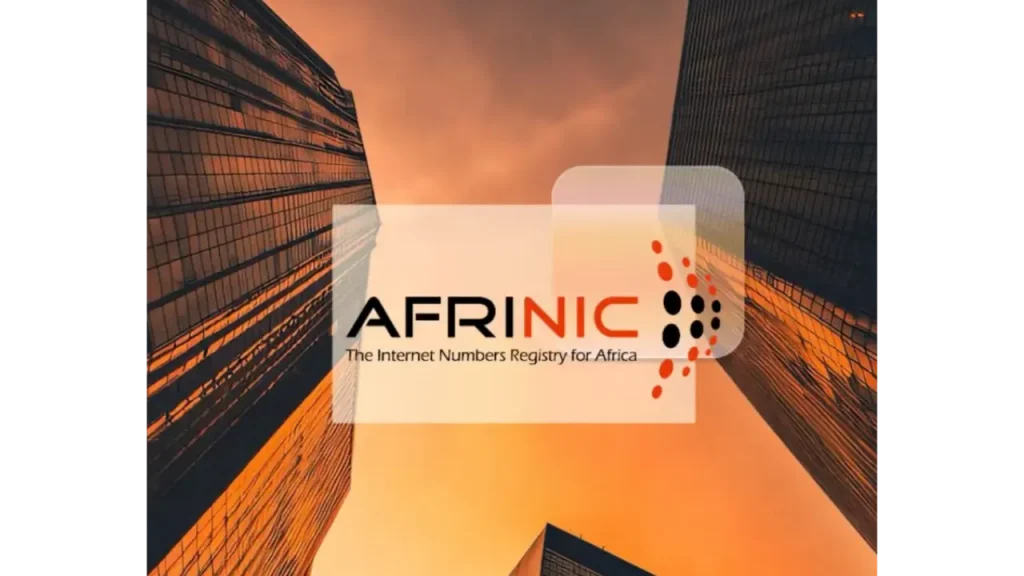• Election annulled despite judicial approval, casting doubt on AFRINIC’s governance.
• ICANN and government actors overstepped their bounds—what future remains for regional internet autonomy?
Election overruled: How Court authority was discarded
In early 2025, the Mauritian Supreme Court placed AFRINIC under receivership and authorised a court-supervised election to restore governance—approving both the timeline and recognition of members’ proxies. Yet on 23 June, just as voting concluded, AFRINIC’s Official Receiver abruptly annulled the election citing a single disputed proxy—discarding hundreds of verified votes, despite no court order requiring termination of the process. The annulment effectively overrode the court’s own directive to permit elections.
This dramatic turn calls into question AFRINIC’s commitment to judicial oversight and the rule of law. If a court-supervised process can be nullified from within, does AFRINIC truly function under independent governance—or is it hostage to internal arbitrariness?
Also read: Cloud Innovation calls for AFRINIC wind-up after ‘impossible’ election standards
Also read: EXPOSED: The letter that reveals who was really benefitting from AFRINIC’s lawsuits
ICANN’s intrusion: Regional governance or power play?
Amidst this turmoil, ICANN entered the fray—filing a motion on 19 June to delay the election by replacing AFRINIC’s nomination committee. The Mauritian court rejected this request, ruling ICANN lacked legal standing. Undeterred, ICANN released an open letter on 26 June raising transparency concerns and hinting at a compliance review—effectively undermining judicial rulings after the fact.
This sequence suggests a troubling escalation: a supposedly neutral global body acting contrary to both legal authority and regional autonomy. If ICANN can insert itself even after being rebuffed, one must ask: does AFRINIC remain a bottom-up institution, or is it becoming a pawn in broader jurisdictional struggles?
Also read: Cloud Innovation supports ICANN’s move to derecognise AFRINIC, calls for successor to be immediately identified
Also read: Did ICANN’s lawyer illegally visit AFRINIC when the Official Receiver was away?
Ministerial interference: A threat to institutional independence
To add to the chaos, Mauritius’s Ministry of Information and Communication Technologies allegedly intervened to stall the release of election results—a private organisation under court oversight was disrupted by government influence.
Such executive meddling further erodes the separation necessary for AFRINIC to function. If ministries can block court-sanctioned outcomes, what can guarantee the registry’s independence? This entanglement with politics risks turning internet governance into political theatre rather than principled administration.
Where now? Governance reset or further fragmentation?
With no board or credible election in place, AFRINIC currently stands adrift—its legitimacy fractured, member trust eroded, and stability in limbo. Restarting the process may simply repeat the same cycle of annulment and interference.
To rebuild, AFRINIC must reconcile member voices with legal frameworks—but the path ahead remains fraught. Will AFRINIC acknowledge the annulled process to salvage some leadership continuity? Or will interference—both internal and external—ensure the governance crisis only deepens?
A new hook: Legitimacy through resistance?
AFRINIC, once a symbol of Africa’s digital sovereignty, now sits at a crossroads. Its failure to honour a court-approved election weakens not only its own credibility—but perhaps Africa’s broader claim to bottom-up internet governance. If courts, members, and regional actors can be overridden by internal actors, foreign bodies like ICANN, or political offices, the question becomes: who truly controls Africa’s internet future? This episode prompts nothing short of a reckoning: to restore legitimacy, decisive action is needed—but from what institution? And at what cost to autonomy?

